Sleep is not just a passive rest. Your body uses this downtime to perform essential repair and growth, and short-changing yourself at night has serious consequences for your health. Studies have found that chronic sleep deprivation can double your risk of fatal cardiovascular disease, suppress your immune system and make you 30 per cent more likely to become obese. Overall, those who regularly get less than five hours of sleep per night are 15 per cent more likely to die in any given year than a person who has all the same health risk factors apart from the sleep deficit.
1
Bags under your eyes
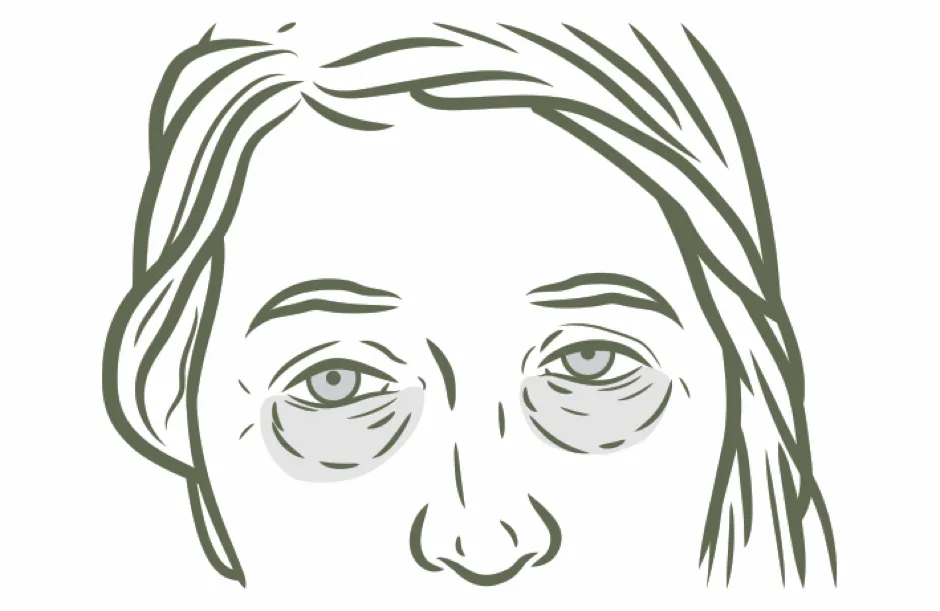
Levels of the stress hormone cortisol increase, which raises blood flow to the skin. This shows as dark, puffy patches under your eyes where the skin is thinner than elsewhere on the face.
2
Loss of perspective
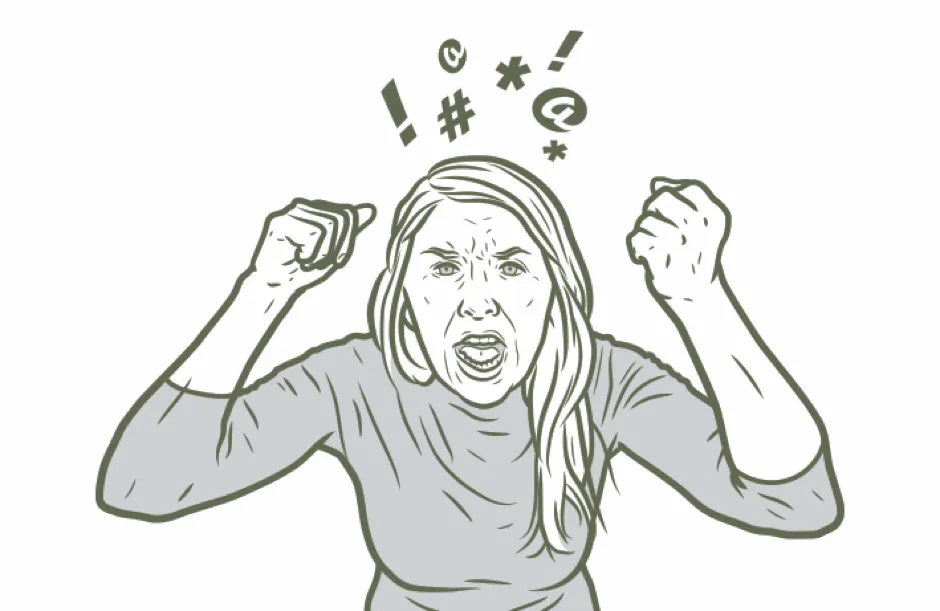
MRI scans show that the amygdala region of the brain, which regulates emotion, tends to overreact to negative events when you are sleep-deprived. Bipolar disorder is also linked to sleep disruption.
3
Diabetes
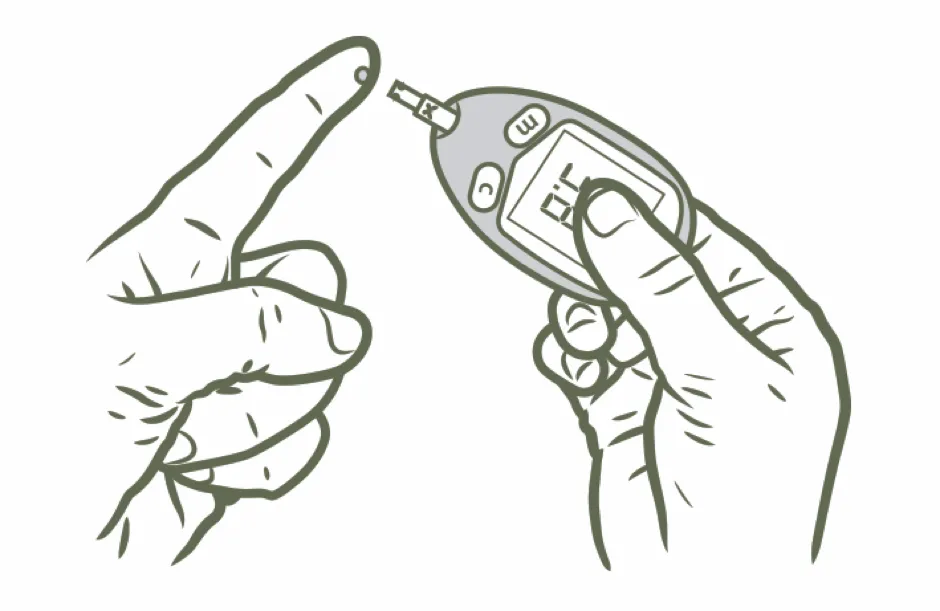
You metabolise glucose more slowly when you are tired. This increases your risk of developing type 2 diabetes.
4
Heart disease
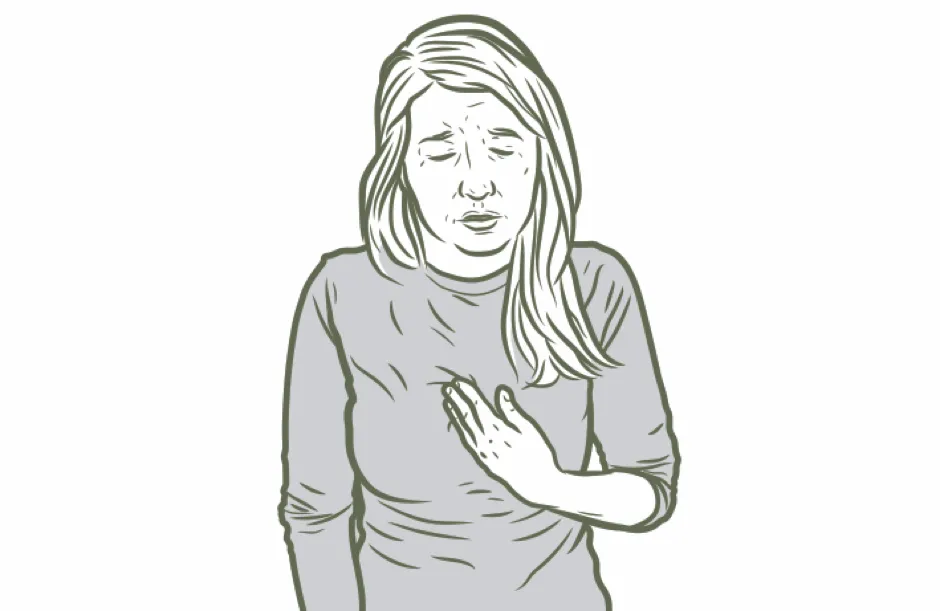
The complex interaction of stress hormones, increased blood pressure and reduced glucose metabolism increases your risk of heart disease.
Obesity
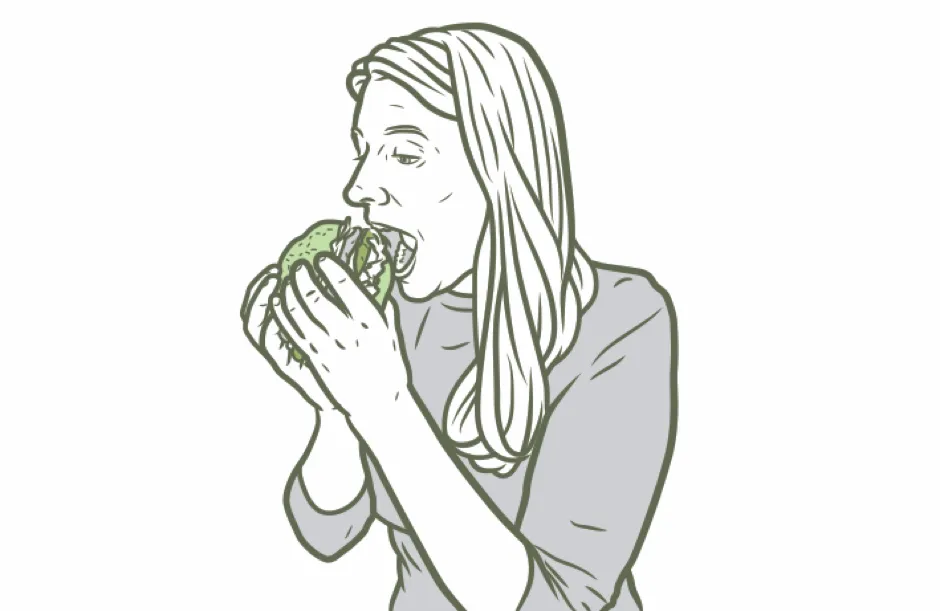
Raised ghrelin levels (the appetite hormone) stimulate you to eat up to 25 per cent more, and you will tend to prefer carbohydrate-rich foods.
Muscle aches and twitches
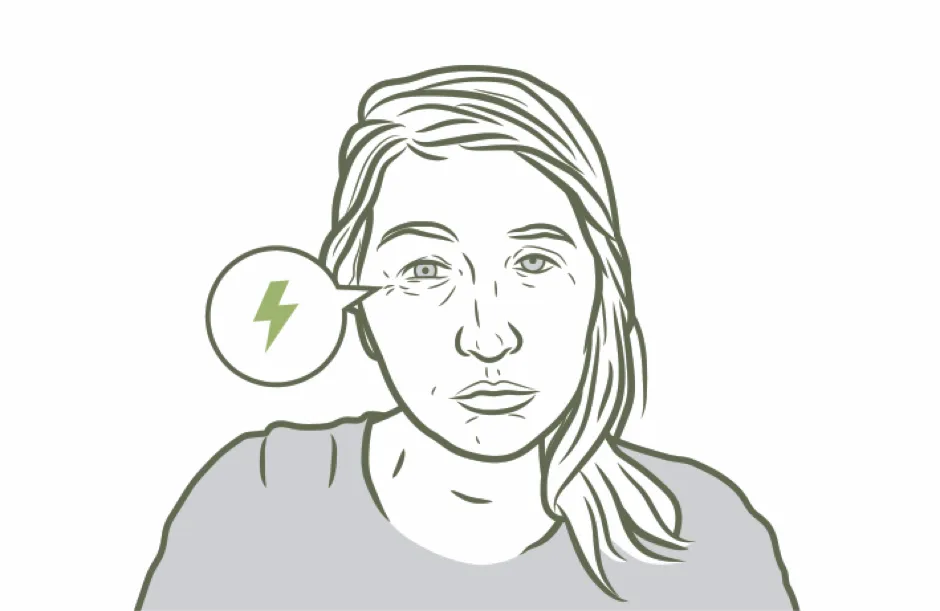
Neurotransmitters in your nerve synapses build up over the day’s activity. Without enough sleep to regulate this, your muscles will twitch erratically.
Subscribe to BBC Focus magazine for fascinating new Q&As every month and follow @sciencefocusQA on Twitter for your daily dose of fun facts.
